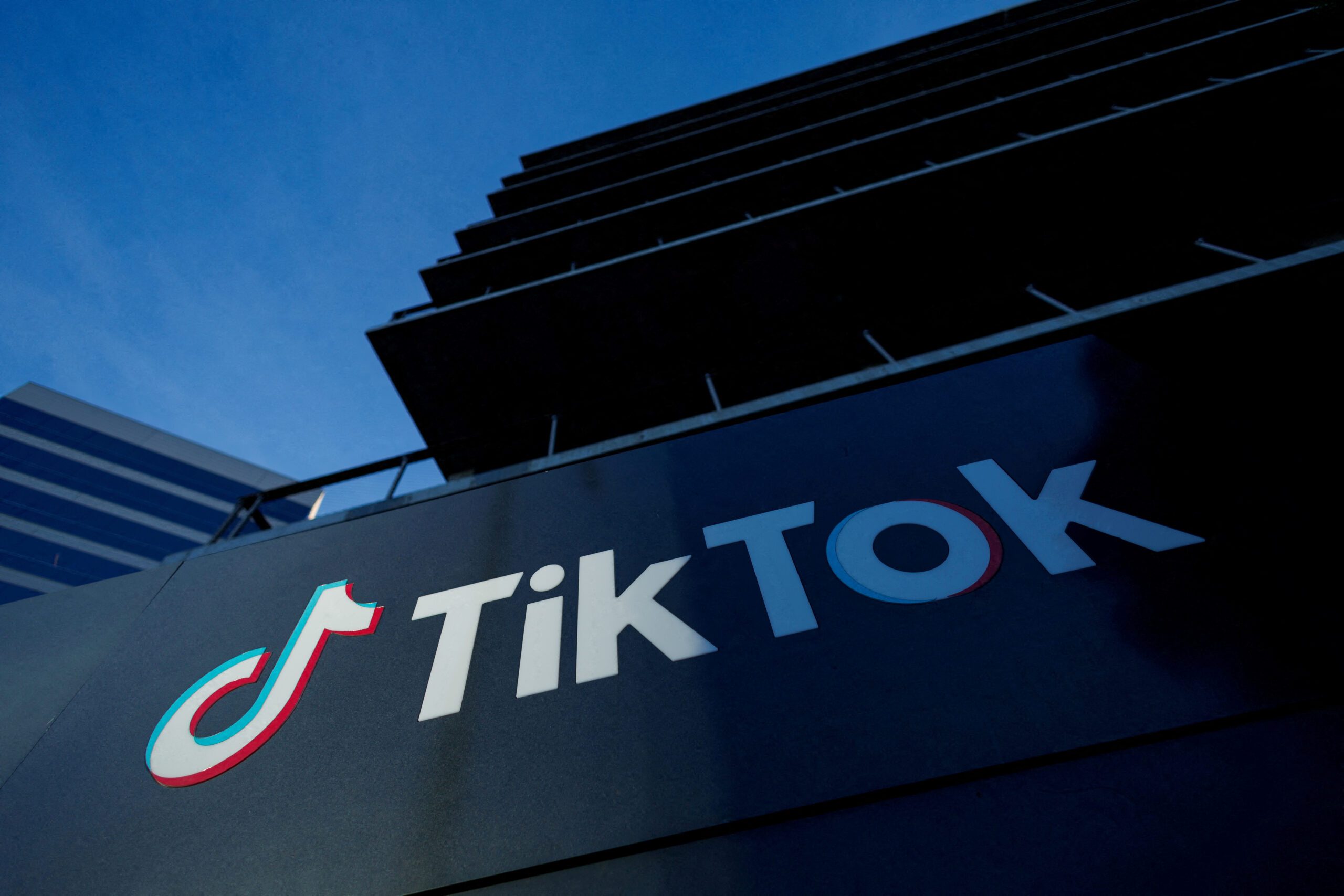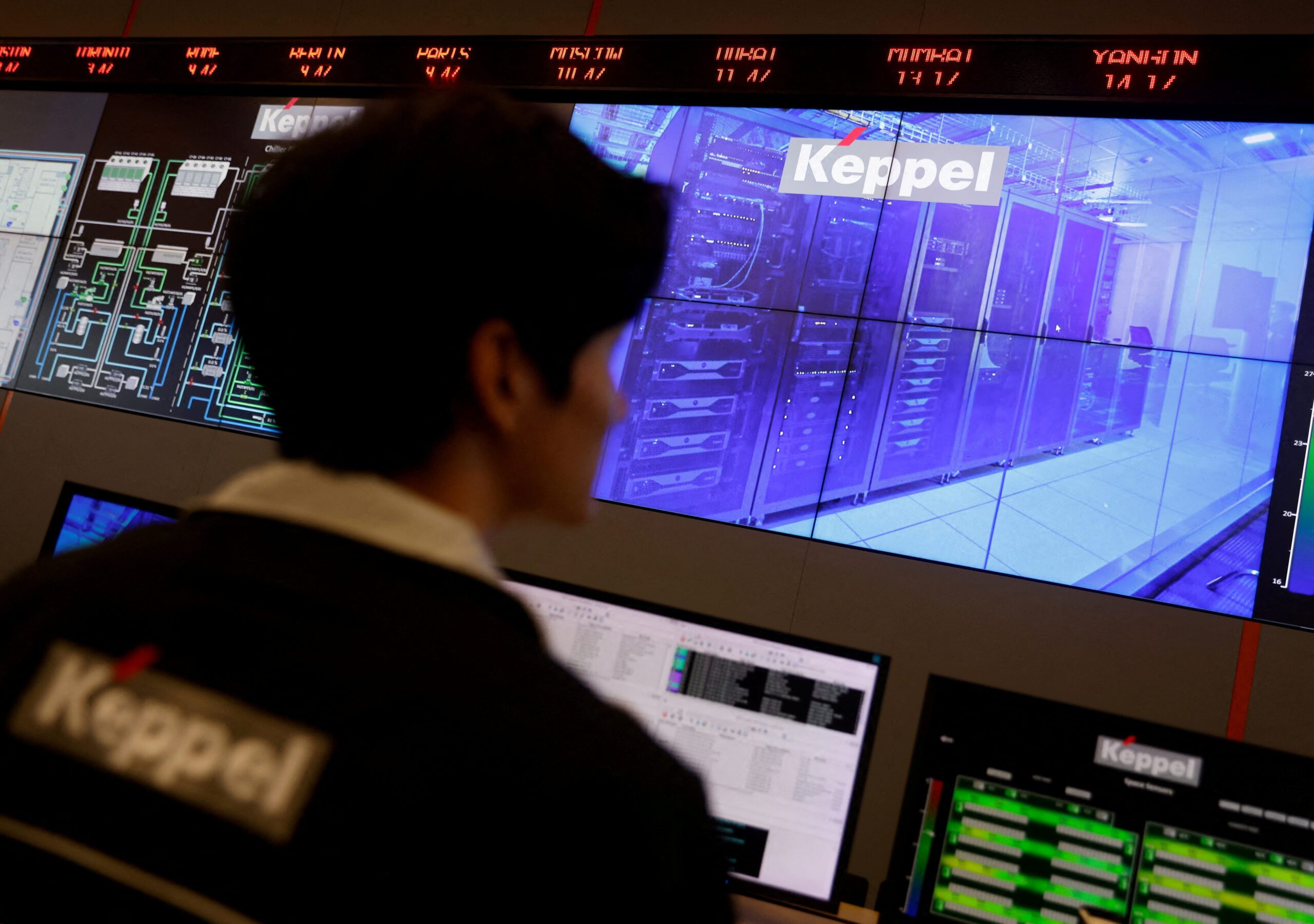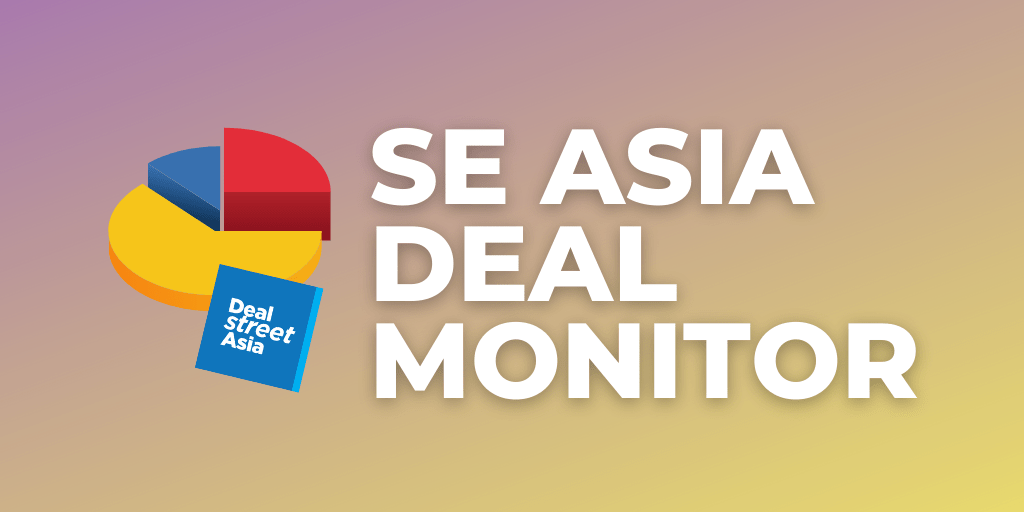HONG KONG/TOKYO — Beijing’s cyber regulator has added to the turbulence in the country’s internet sector by launching reviews of two more businesses that just went public in the United States, just one day after imposing restrictions on ride-hailing company Didi Global following its $4.3 billion IPO in New York. On Monday, China’s Cyberspace Administration announced that it was conducting reviews of Full Truck Alliance’s Huochebang and Yunmanman, as well as Kanzhun’s Boss Zhipin, a recruitment site. Kanzhun, which raised $912 million, went public in June in the United States. Full Truck Alliance, widely known as China’s “Uber for trucks,” went public in the United States last month after raising $1.6 billion. The steps are part of a broader crackdown by the CAC on U.S.-listed Chinese internet companies. On Sunday, the CAC ordered Didi to delete its app from app stores, accusing the business of major violations of regulations governing the collection and use of personal data. The move puts a pall over Didi, which went public in the United States on June 30 and is mainly reliant on Chinese income. The regulator’s action caused a dramatic sell-off in SoftBank Group’s stock, which is Didi’s largest outside investor and also a supporter of Full Truck Alliance. SoftBank’s stock dropped more than 5% on Monday morning. Didi is one of SoftBank’s most important investments in China. Before it went public in the United States on June 30, the Japanese tech investor spent over $11 billion into the company. According to records, SoftBank’s Vision Fund owns a 20.2 percent investment in Didi, as well as a 20.3 percent holding in Full Truck Alliance when it went public on June 22. Late Friday, the regulator announced a review of Didi, sending the company’s stock down more than 5% in New York. They ended the day at $15.53, after opening at $14 on June 30. Markets in the United States will be closed on Monday. SoftBank’s stock fell to its lowest level since December as a result of Monday’s fall. They’ve lost roughly 30% of their value since March, when they hit a new high for the year. Tencent, which owns all three companies under investigation, saw its stock fall 1.9 percent in Hong Kong./n
Read MoreChina extends probes of US-listed tech groups after curbs on Didi
2021-07-05T03:02:21-04:00July 5th, 2021|





